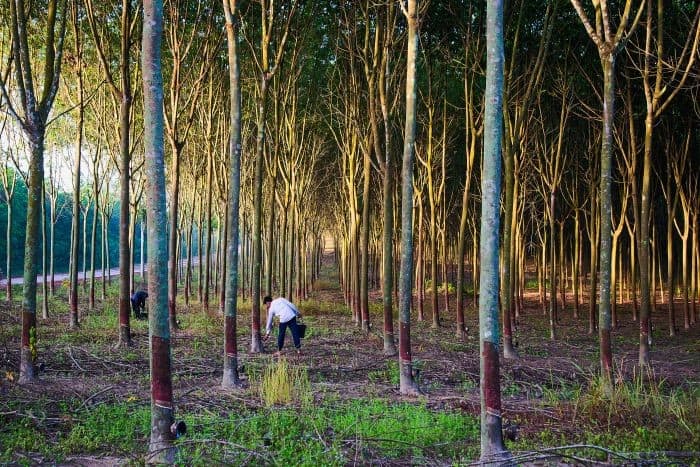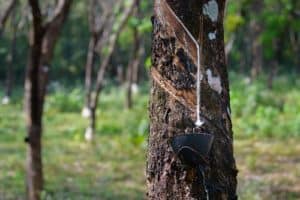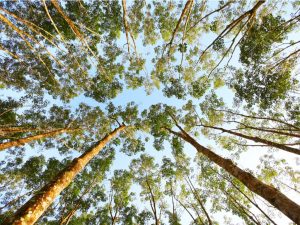In driving forward the progress on the Theory of Change (ToC) and Desired State, the Chairs of the Strategy and Objectives Working Group are expected to lead discussions with the other Working Group Chairs. These discussions will focus on mapping the areas of work currently undertaken by the respective groups to the relevant sections of the ToC. Pulling together the detailed thinking within each group will enable the Working Group to flesh out the elements of each strategy and the linkage between each individual component. To package the ToC in a more user-friendly format, the Secretariat has developed a visual representation of the ToC, which gives a broad overview of the concept while allowing for a deeper dive into the details. The Working Group has reviewed the first draft of this document, and will be working with the Secretariat to finetune it.
Following the initial survey that had gone out, consultant James Griffiths has started interviewing stakeholders on social risks priorities and mitigation solutions as part of the study on Human Rights and Labour Rights’ risk mapping in the global natural rubber value chain.
The Equity sub-Group had their inaugural meeting this week. The members of the group agreed on the need to work with urgency and consider the approach of having a different work plan, one which would enable a move towards recommendations on a rapid basis. The importance of engaging governments was also highlighted in the discussion. The sub-Group will be meeting again next week to continue the conversation on equity.
‘Policy Toolbox’ Working Group
The policy components and baseline reporting requirements are being circulated for comments among the various membership categories. The Producers, Processors and Traders had a teleconference organized by Socfin and Southland Global, and will also be collecting comments via email. The Tire Makers are submitting their inputs through an online survey and emails. The OEM members have also discussed the documents in a call and have consolidated their comments. Civil Society Organization members are engaged in discussions on these elements as well. The Working Group anticipates that it will be able to submit the deliverables to the Executive Committee for approval in May.
‘Capacity Building’ Working Group
In recognition of the need to prioritize an inclusive and pragmatic approach towards capacity building, the Working Group has decided to establish several regional sub-Working Groups, each of which will be responsible for developing country-specific capacity building objectives. The Working Group is exploring getting smallholders involved in some of these regional sub-Working Groups, which would be the first instance of smallholder participation at the working group level, and would be informative in the ongoing discussions on ways to integrate smallholders into the activities of GPSNR. The terms of reference for the regional sub-Working Groups are in the process of being finalised.
The Working Group hopes to achieve greater alignment with the Theory of Change (ToC) developed by the Strategy and Objectives Working Group, through the establishment of ToCs at the working group and sub-working group level. This would allow each working group to contribute to the design of GPSNR’s ToC, with the aim to achieve the Desired State. Working groups can delve into more precise levels of identifying capacity building objectives and developing implementation plans to address the gaps in various target groups within a specific country.
‘Traceability and Transparency’ Working Group
After consulting with the Policy Toolbox Working Group on areas of risk, the finalized terms of reference for the two pilot proposals are being circulated for final feedback within the Traceability and Transparency Working Group.
The pilot study on satellite mapping and machine learning aims to make use of historical and current data and new technology to determine the risk of potential deforestation, along with other social and environmental risks that are the result of deforestation.
The traceability and transparency tool comparison study will assess, among others, the ability of the tool to identify risk and/or contribute to a risk assessment in the social, environmental and legal categories.
The proposals will be submitted to the Executive Committee for approval in April. Moving forward, the Traceability and Transparency and Policy Toolbox Working Groups will work closely together on understanding risks in the natural rubber supply chain..






